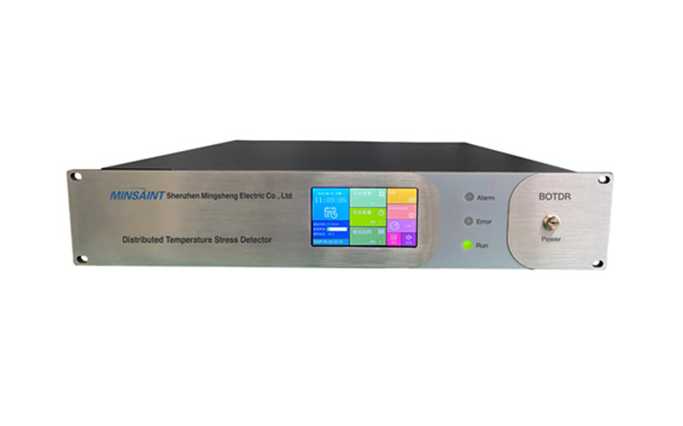When it comes to household staples, few combinations are as versatile and scientifically fascinating as baking soda and vinegar. While many people recognize them as a go-to duo for cleaning or school science experiments, their potential extends far beyond these basic uses. In this article, we’ll dive deep into the chemistry behind baking soda and vinegar, explore their practical applications across various industries, and uncover why this combination remains a favorite for professionals and DIY enthusiasts alike.
The Chemistry Behind Baking Soda and Vinegar
To understand the power of baking soda and vinegar, we first need to break down their chemical properties. Baking soda, or sodium bicarbonate (NaHCO₃), is a mild alkaline compound. Vinegar, on the other hand, is an aqueous solution of acetic acid (CH₃COOH), typically containing 4-8% acetic acid by volume. When these two substances are combined, they undergo an acid-base reaction that produces carbon dioxide gas (CO₂), water (H₂O), and sodium acetate (CH₃COONa).
The reaction can be summarized as follows:
NaHCO₃ + CH₃COOH → CH₃COONa + H₂O + CO₂↑
This reaction is exothermic, meaning it releases a small amount of heat, and the rapid release of carbon dioxide gas is what creates the characteristic fizzing and bubbling. While this reaction may seem simple, its implications are profound, enabling a wide range of applications across cleaning, cooking, science, and even industrial processes.
Applications of Baking Soda and Vinegar
- Cleaning and Deodorizing: A Natural Powerhouse
One of the most popular uses for baking soda and vinegar is as a natural cleaning agent. The combination is highly effective due to its ability to break down grease, dissolve mineral deposits, and neutralize odors. Here’s how it works:
- Grease and Grime Removal: The bubbling action from the carbon dioxide helps lift dirt and grease from surfaces, making it easier to scrub away.
- Deodorizing: Baking soda neutralizes acidic and basic odor molecules, while vinegar’s acidity kills odor-causing bacteria.
- Unclogging Drains: Pouring baking soda followed by vinegar into a clogged drain creates a foaming reaction that can dislodge debris and clear blockages.
This eco-friendly cleaning solution is widely used in households, but it’s also gaining traction in commercial cleaning industries as a sustainable alternative to harsh chemicals.
- Cooking and Baking: Enhancing Texture and Flavor
In the culinary world, baking soda and vinegar are often used separately, but their combination can also play a role in specific recipes. For instance:
- Leavening Agent: The carbon dioxide released during their reaction can help dough rise, creating light and fluffy baked goods. This is particularly useful in recipes that require quick leavening, such as pancakes or muffins.
- Tenderizing Meat: Vinegar’s acidity breaks down proteins in meat, while baking soda can neutralize excess acidity, creating a balanced marinade.
- Cleaning Produce: A mixture of baking soda and vinegar can be used to remove pesticides and bacteria from fruits and vegetables.
- Scientific and Educational Uses
The dramatic reaction between baking soda and vinegar makes it a staple in educational demonstrations. From volcano models to balloon inflation experiments, this combination is a fun and accessible way to teach children about chemical reactions, gas production, and the principles of acids and bases.
Beyond the classroom, this reaction is also used in scientific research and industrial applications. For example, the controlled release of carbon dioxide is utilized in certain manufacturing processes and even in fire extinguishers.
- Health and Personal Care
While not as commonly discussed, baking soda and vinegar have applications in personal care and health:
- Skin Exfoliation: Baking soda’s mild abrasiveness makes it an effective exfoliant, while vinegar’s acidity can help balance skin pH.
- Hair Care: Some people use a combination of baking soda and vinegar as a natural alternative to shampoo and conditioner, though this should be done cautiously to avoid disrupting the scalp’s natural balance.
- Soothing Insect Bites: A paste made from baking soda and a few drops of vinegar can help reduce itching and inflammation caused by insect bites.
- Gardening and Agriculture
In the realm of gardening, baking soda and vinegar can be used to address common challenges:
- Weed Control: Vinegar’s acidity can kill weeds, while baking soda can be sprinkled on soil to deter pests like ants and slugs.
- Soil Testing: A simple test using baking soda and vinegar can help determine soil pH. If vinegar fizzes when poured on soil, it indicates alkalinity, while baking soda fizzing suggests acidity.
These applications make baking soda and vinegar valuable tools for sustainable gardening practices.
The Environmental Impact: A Sustainable Choice
One of the most compelling reasons to use baking soda and vinegar is their minimal environmental impact. Unlike many commercial cleaning products that contain harmful chemicals, baking soda and vinegar are biodegradable and non-toxic. They don’t contribute to water pollution or release harmful fumes, making them a safer choice for both humans and the planet.
Additionally, their affordability and availability make them accessible to a wide range of users, from eco-conscious homeowners to large-scale industries looking to reduce their environmental footprint.
Tips for Using Baking Soda and Vinegar Effectively
While baking soda and vinegar are incredibly versatile, it’s important to use them correctly to maximize their benefits:
- Don’t Mix Prematurely: The reaction between baking soda and vinegar is short-lived, so it’s best to mix them directly on the surface or area you’re treating.
- Avoid Overuse: Excessive use of vinegar can damage certain surfaces, such as natural stone or hardwood floors. Similarly, baking soda’s abrasiveness can scratch delicate materials.
- Store Separately: To preserve their effectiveness, store baking soda in a cool, dry place and vinegar in a sealed container away from direct sunlight.
Conclusion: A Timeless Combination with Endless Possibilities
Baking soda and vinegar may seem like humble household items, but their unique chemical properties and wide-ranging applications make them indispensable in both everyday life and professional settings. From cleaning and cooking to science and sustainability, this dynamic duo continues to prove its value time and time again.




